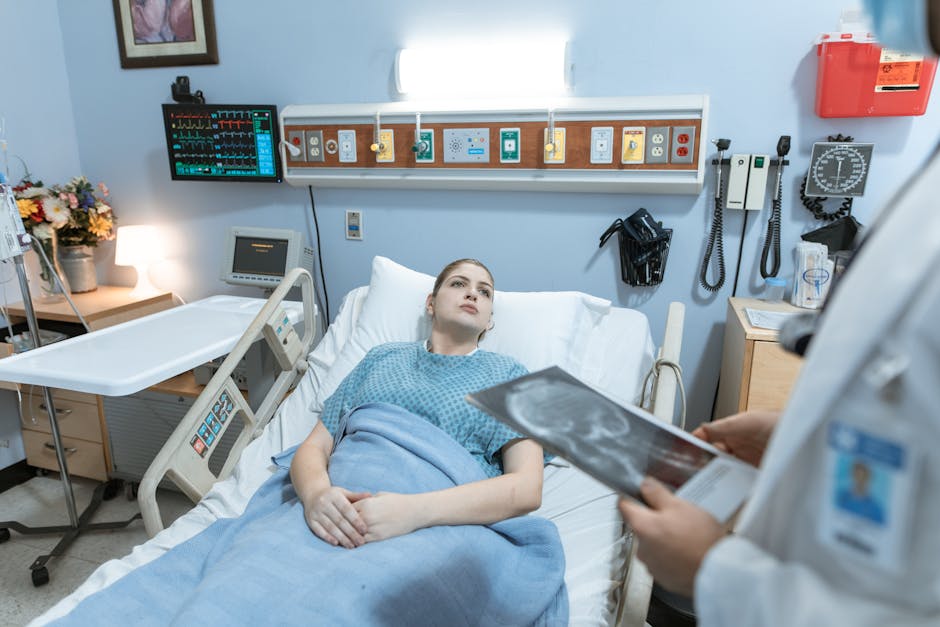Gerbils, with their endearing antics and inquisitive nature, bring joy to many pet owners. However, understanding the subtle signs of illness is crucial for their well-being. A proactive approach, recognising early warning signals, can dramatically improve a gerbil’s chance of recovery. This comprehensive guide explores the various indicators of illness, from subtle changes to more overt symptoms, helping pet owners identify potential problems early.
A gerbil’s overall demeanor and physical condition are significant indicators of their health. A healthy gerbil is generally active and inquisitive. They will exhibit curiosity about their surroundings and engage in their typical behaviours, such as digging, exploring, and socializing with cage mates (if applicable). Changes in this usual behaviour can be an early sign of illness. For instance, decreased activity, a lack of interest in food or water, or withdrawal from social interaction could be red flags.
One of the first and crucial areas to monitor is appetite. A sudden loss of appetite, or an aversion to their usual favourite foods, may signal underlying issues. Similarly, an abnormally increased appetite could indicate an underlying medical problem. Careful observation is essential to identify any such deviations from normal feeding patterns. It’s also prudent to assess the water consumption. A gerbil that refuses water or drinks significantly less than usual might be exhibiting signs of illness. Dehydration is a significant concern and can rapidly deteriorate a gerbil’s condition.
Physical examination also plays a vital role in detecting illness. A healthy gerbil possesses a clean and glossy coat. A dull, matted, or patchy coat can indicate various health problems. Similarly, unusual fur growth, such as bald patches or excessive fur shedding, deserves attention. Also, assess the condition of their eyes and nose. Excessive discharge from these areas, or if the eyes appear cloudy or inflamed, can signify infection or another underlying health concern.
Another crucial aspect to monitor is the gerbil’s posture and movement. Notice whether they are exhibiting any unusual postures, such as hunching, or any stiffness. Any noticeable tremors or changes in gait should prompt immediate investigation. Pain or discomfort can often manifest as difficulty in movement or an unwillingness to move.
Beyond the observable symptoms, specific conditions can present with unique indicators. For instance, respiratory problems often present as laboured breathing, wheezing, or gasping sounds. These symptoms may manifest as difficulty in breathing at night. If a gerbil is unusually lethargic or seems to have difficulty breathing, it’s essential to take action quickly.
A gerbil showing signs of respiratory distress may display other symptoms, such as a runny nose or sneezing. Such symptoms frequently accompany infections or environmental irritants. It’s vital to consider the environment to identify environmental causes.
Changes in urination or defecation patterns should also prompt concern. Unusual diarrhoea, constipation, or altered frequency of urination or bowel movements can indicate a range of potential medical issues, including infections, parasites, or digestive problems. Pay close attention to the consistency and colour of their droppings, as these can offer valuable clues about their overall health.
An important factor is identifying potential stress or environmental triggers. Gerbils are sensitive creatures, and environmental changes, such as a new cage, a change in their bedding, or the introduction of new cage mates, can cause stress. This stress can exacerbate existing health problems or trigger an acute illness. Observe the gerbil’s reaction to these changes.
Other prominent signs that can signify an underlying problem include a visibly swollen area anywhere on the body. Notice any changes in size, texture, or any unusual discharge from that area. Swelling can indicate injuries, infections, or other medical conditions. Additionally, a noticeable change in behaviour, such as aggression or unusual irritability, may point to underlying discomfort or illness.
A gerbil exhibiting any of these signs necessitates immediate veterinary attention. A visit to an experienced exotics veterinarian is crucial for accurate diagnosis and appropriate treatment. Never delay professional help if you suspect your gerbil is unwell. They possess sophisticated diagnostic tools and knowledge of gerbil-specific health issues. Providing details of your gerbil’s diet, environment, and recent behaviours to the veterinarian can greatly aid in the diagnosis process.
Proper preventative care plays a vital role in maintaining a gerbil’s overall health. A suitable diet, appropriate cage environment, and regular health checks are essential for a gerbil’s well-being. Providing a stimulating environment, adequate bedding, and opportunities for play are vital to prevent stress-related health issues.
In conclusion, recognising the signs of illness in a gerbil is essential for their well-being. Active observation, understanding normal behaviours, and prompt veterinary intervention are vital components of ensuring a gerbil’s health and happiness. Early detection of potential problems significantly increases their chances of a successful recovery. By becoming familiar with the various indicators of illness, pet owners can provide their gerbils with the best possible care and ensure their well-being.
